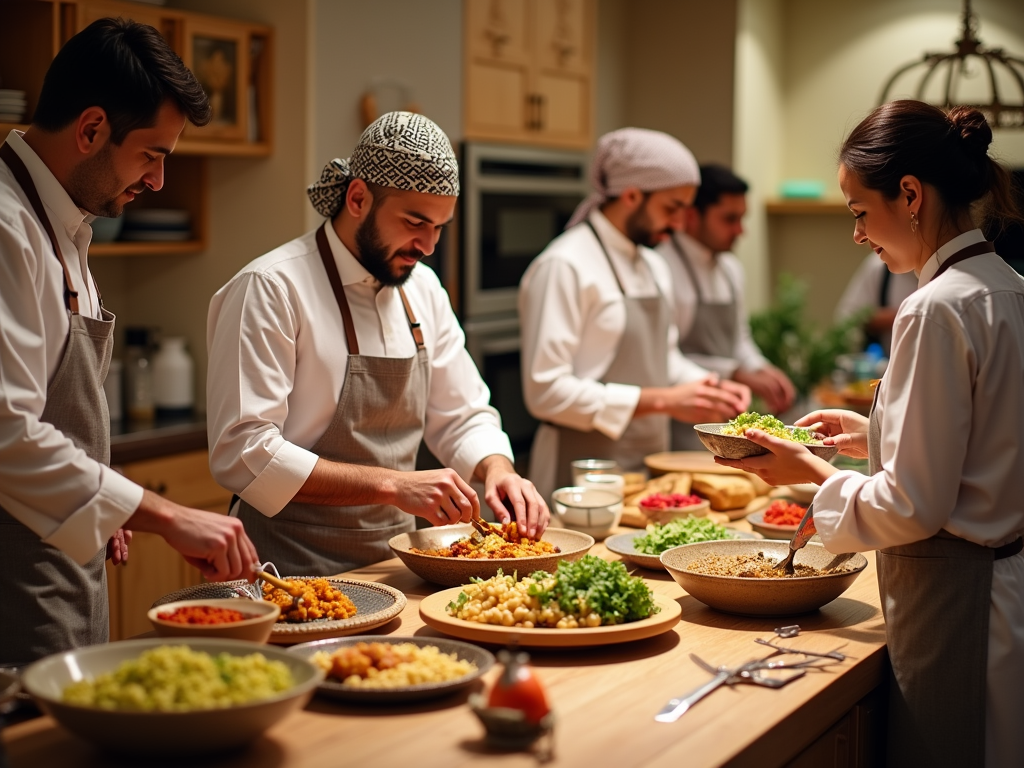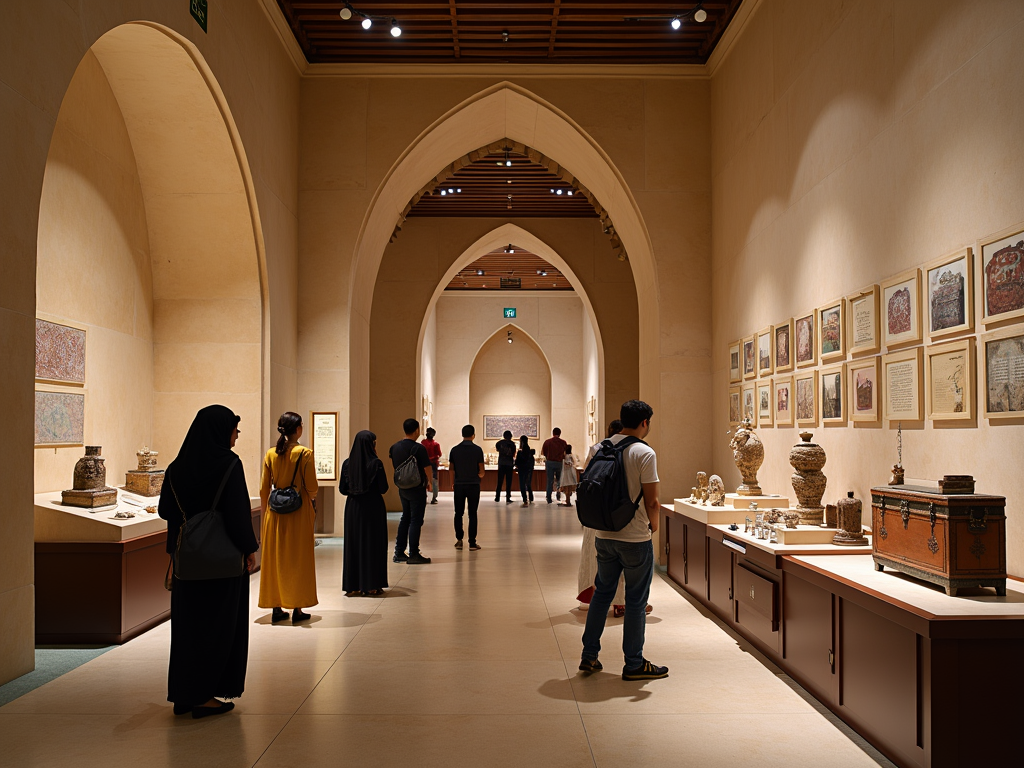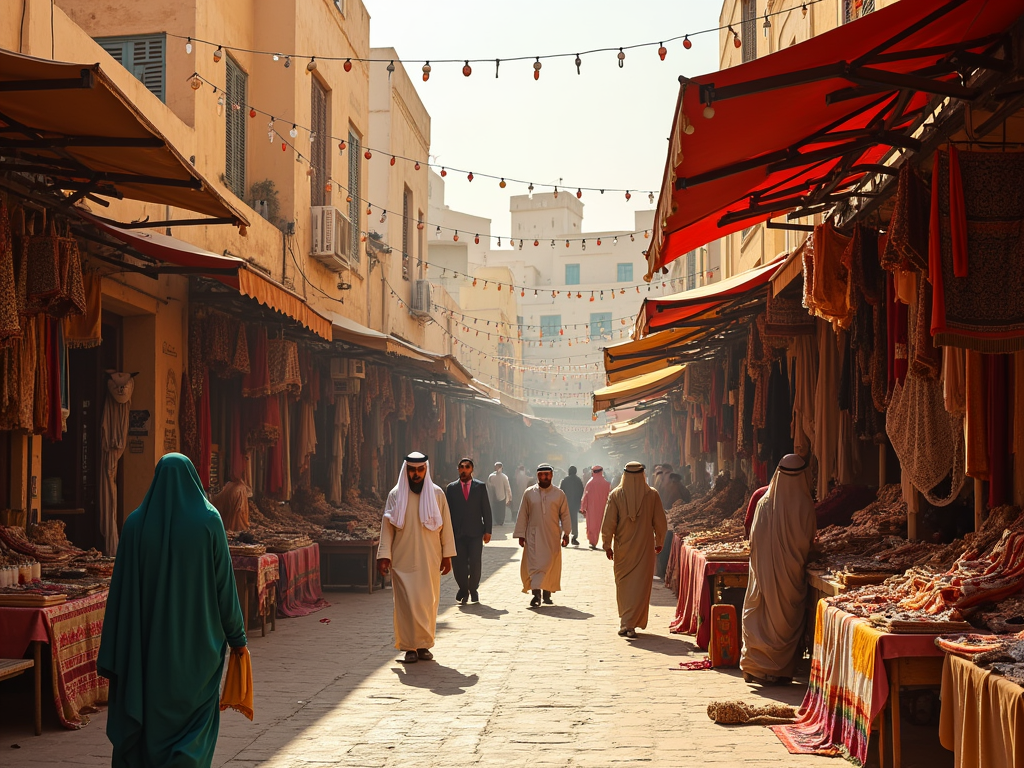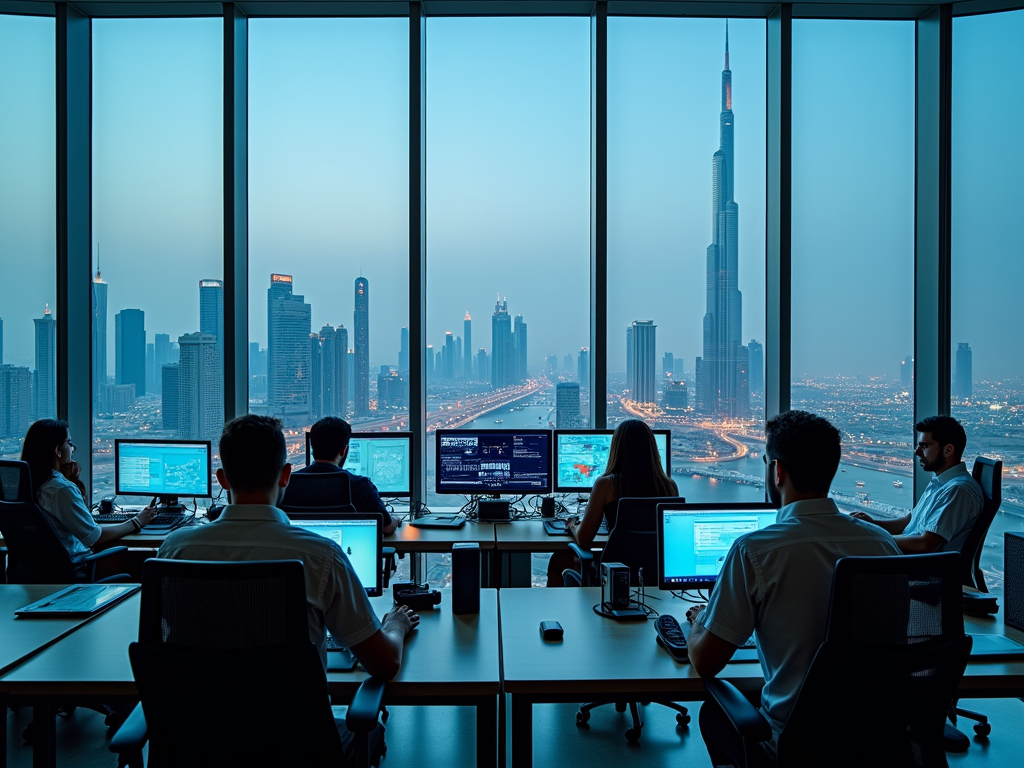Dubai, known for its luxury and modernity, is also a city rich in cultural heritage, presenting numerous opportunities for tourism. As more travelers seek authentic experiences, Dubai’s cultural heritage tourism is poised for growth. Visitors can immerse themselves in the city’s diverse history and traditions, which present a unique blend of the past and present. This article explores the avenues available within Dubai’s cultural heritage tourism sector, focusing on various attractions, experiences, and economic opportunities that align with sustainable growth and preservation of culture.
The Rich Tapestry of Dubai’s Culture

Dubai boasts a vibrant tapestry of cultural heritage that reflects its unique history and diverse population. The city merges traditional Bedouin roots with contemporary cosmopolitan influences, offering an expansive cultural experience. Important aspects include:
- Traditional Arabic architecture represented in historic sites.
- Dynamic art scenes that showcase local and international talent.
- Culinary experiences that feature both traditional Emirati dishes and modern fusion.
- Festivals celebrating various cultural perspectives, enhancing community spirit.
For tourists, Dubai’s cultural richness offers insights into the customs, languages, and rituals practiced by its inhabitants. Guided tours now frequently include visits to authentic markets, known as souks, and expose visitors to local art and craftsmanship, which enhances knowledge and appreciation of the heritage.
Key Attractions in Cultural Heritage Tourism

Several key attractions define Dubai’s cultural heritage tourism landscape, each presenting unique opportunities for both visitors and local businesses. Some of the most significant attractions include:
- Dubai Museum: Housed in the historic Al Fahidi Fort, it provides a comprehensive view of the UAE’s history and traditions.
- Al Seef District: A mesmerizing blend of the old and new, offering traditional shopping and dining experiences along the Dubai Creek.
- Dubai Opera: This architectural marvel not only hosts performances but also emphasizes artistic heritage through its various art programs.
- Sheikh Mohammed Centre for Cultural Understanding: A platform for cultural exchange; it offers programs that educate tourists about local customs and lifestyle.
- Heritage Village: This living museum allows visitors to experience traditional Emirati life firsthand.
These attractions enable tourists to delve into the local culture actively, inspiring them to participate while promoting respect for the heritage and history of Dubai.
The growth in cultural heritage tourism opens a myriad of economic opportunities in Dubai. As the demand for authentic experiences rises, businesses can seize the chance to develop offerings that cater to this niche market. Key economic avenues include:
- Tour guide services specializing in immersive cultural experiences.
- Culturally themed hotels and guesthouses that reflect local architecture and hospitality.
- Handicraft markets that promote local artisans and their creations.
- Food and beverage experiences focused on traditional Emirati cuisine.
- Education and training programs focused on heritage preservation for community members.
By investing in these areas, stakeholders in the tourism industry can drive significant economic benefits while simultaneously contributing to the preservation and promotion of Dubai’s cultural heritage.
Sustainable Practices in Heritage Tourism
As cultural heritage tourism flourishes, it is essential to implement sustainable practices that ensure the protection of Dubai’s cultural assets. Sustainable tourism can be defined as tourism that respects the local culture and enhances the well-being of the local community. Key sustainability practices to adopt include:
- Promoting local artisanship and food sourcing to reduce the carbon footprint.
- Engaging local communities in tourism development to ensure benefits are shared fairly.
- Implementing visitor education programs that foster respect for local traditions and the environment.
- Investing in conservation projects that protect historical sites and cultural landmarks.
These practices are not merely about compliance; they cultivate a deeper connection between visitors and the local culture while ensuring that future generations can continue to enjoy and learn from Dubai’s rich heritage.
Conclusion
Dubai offers significant opportunities in cultural heritage tourism, which are vital for understanding and appreciating the city’s unique identity. As travelers seek meaningful experiences, businesses can thrive by promoting and participating in activities that spotlight Dubai’s rich history and diversity. By leveraging the economic potential of this sector while practicing sustainability, stakeholders can ensure that Dubai remains a vibrant cultural hub, preserving its heritage for generations to come.
Frequently Asked Questions
1. What is cultural heritage tourism?
Cultural heritage tourism involves traveling to experience the history, art, and traditions of different cultures. It emphasizes understanding and appreciation of local cultures while engaging with them through various activities.
2. How does cultural heritage tourism benefit the local community?
This type of tourism creates economic opportunities, promotes local crafts, and enhances community pride while supporting the preservation of cultural sites and traditions.
3. What are some attractions to visit for cultural heritage tourism in Dubai?
Key attractions include the Dubai Museum, Al Seef District, Heritage Village, and Sheikh Mohammed Centre for Cultural Understanding, each offering a unique glimpse into the cultural fabric of Dubai.
4. How can visitors engage with Dubai’s culture responsibly?
Visitors can engage responsibly by educating themselves about local customs, participating in community-led experiences, and supporting local artisans and businesses.
5. What role do festivals play in cultural heritage tourism?
Festivals serve as a vibrant showcase of traditions, drawing tourists and creating a platform for cultural exchange, which further enriches the tourism experience in Dubai.



